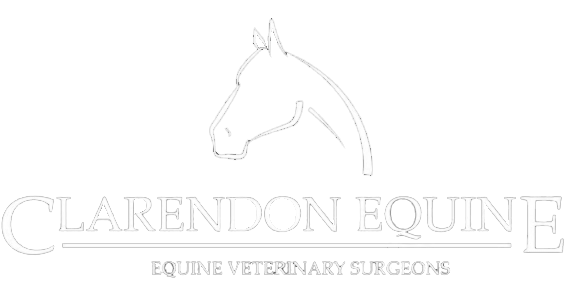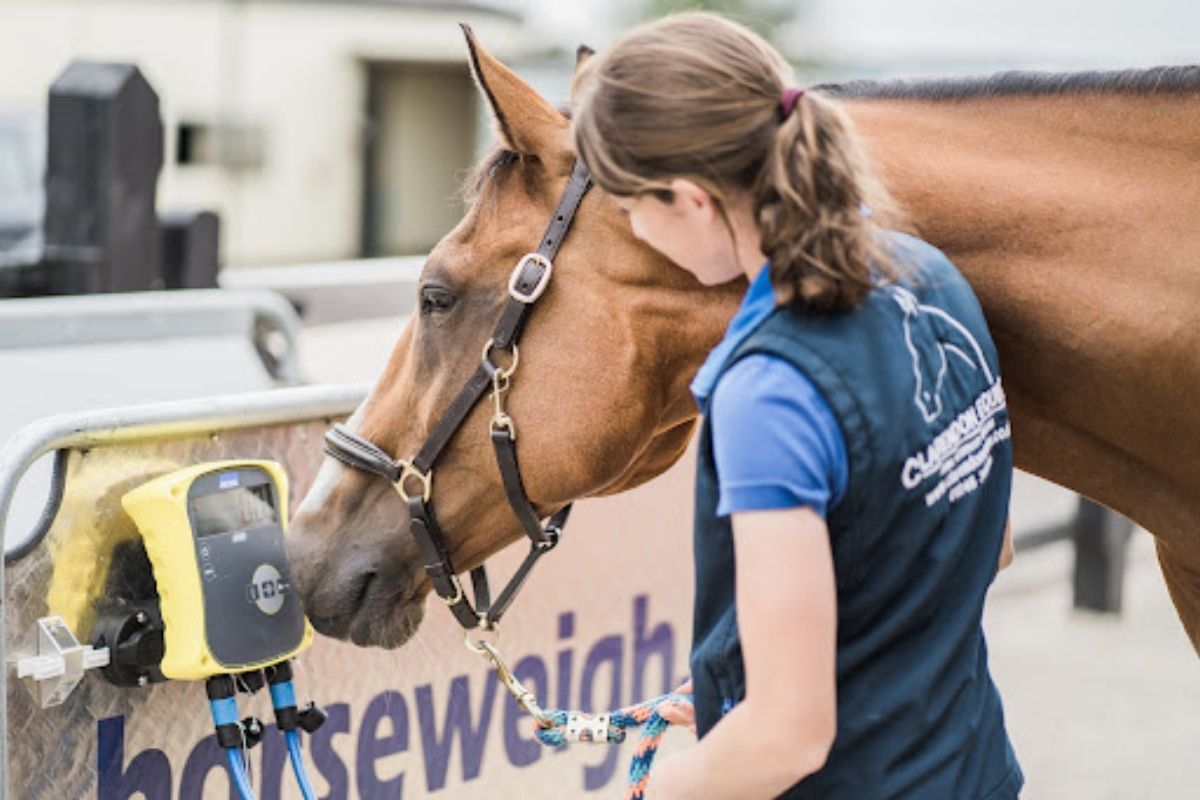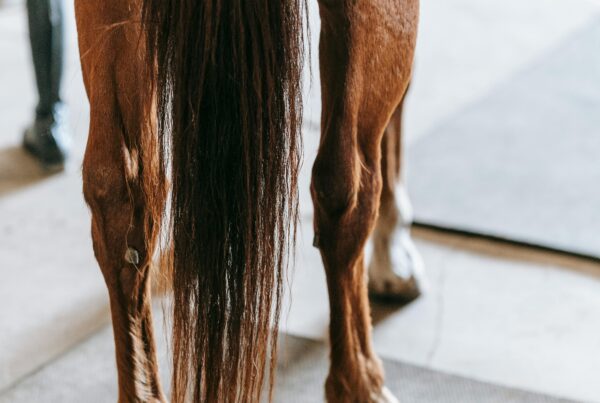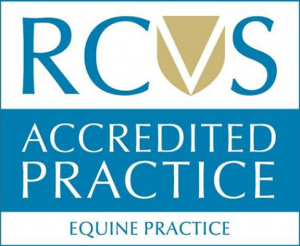Whether you are a first-time owner or a caretaker for twelve horses— you need to go and visit your nearest equine doctor at some point later on. But when do you go?
Clarendon Equine brings to you an article that covers all the symptoms you should be aware of. This can help you understand when to call an ambulatory equine vet.
Other than properly exercising and feeding your horse, different aspects of taking general care are needed to keep your horses healthy throughout their life span.
This ranges from routine veterinary care for vaccinations, grooming and hoof care to treating dental problems and taking measures for parasite control.
Why Is Veterinary Care Important?
As a horse owner, seeking professional equine care from a licenced veterinary practice is a responsibility you must be willing to commit.
The knowledge and experience of a veterinarian are invaluable because they can, undoubtedly, help guide you in taking better care of your horse. Besides guiding you, seeking professional care from a licenced veterinary practice shows that you are committed to being a horse owner.
Most of the time, we see that older horses are often treated the same as if they are still in their prime time. As a matter of fact, illness is much more common in older horses and easier to identify. That’s why we recommend taking your adult horses to an equine hospital, or at the very least, ask your local veterinary nurse to inspect your horse’s health once a year. For horses that are older than 20, it is highly recommended to visit the veterinarian twice a year or more frequently.
Which Signs Of Illness Should I Look Out For?
General signs of health issues encompass nasal discharge or discharge from the eyes, sneezing and coughing, a lack of appetite, and diarrhoea. Among others, you should look for irritated areas on the skin or loss of hair. Horses dealing with musculoskeletal systems often exhibit lameness, bob their head, or are too reluctant to move.
If you notice your horse showing either of these signs for more than a day, you should visit your nearest equine veterinary hospital as soon as possible.
When Should I Visit An Equine Hospital?
While a yearly visit to the equine hospital for vaccinations and other health issues can address most needs for your horse, sometimes serious issues may arise where it requires prolonged time. It is only during those moments that you truly learn the importance of a routine inspection of your horse’s health.
1. Physical Examinations
A physical examination can reveal a lot to your veterinarian because they are trained to notice your horse’s smallest external problems. The exam usually includes inspecting the hooves for any kind of damage or replacement for shoes, weighing the horse, and checking its teeth.
Hoof trimming is required every six weeks because they are constantly growing. Horses need to be trained to stand still while a person is trimming their hooves. This will help avoid damaging the foot. If you do not have any prior experience with this procedure, it would be best to leave it with your veterinarian or farrier.
2. Parasites
Foals are more exposed to the threat of a parasite than adult horses. For this reason alone, foals have to visit veterinary care more. Although most horses follow a deworming regiment, they are not required to have the same treatment as foals.
A sample of your horse’s faeces may be required so that they can analyse the issues when you visit the vet. If parasites are found to be present in the sample, the veterinarian will prescribe suitable health plans for your horse. They might give more additional information on how you can improve the quality of your horse’s surroundings.
During an annual check-up, blood tests will be performed as usual other than analysing your horse’s stools. By performing these routine checkups, you will have a clear idea of what’s best for your horse. As mentioned before, once a horse is older than 20 years, these routine checkups have to be done twice a year.
3. Vaccinations
Every year, horses are prescribed to receive vaccinations required for their well-being and those recommended based on where you live. For example, farms that have an unusually high population of mosquitoes will be recommended for several other vaccines.
Horses are usually administered to receive a vaccine for tetanus, influenza and rabies, among others. If more vaccinations are required, it is completely usual for a veterinarian to do so. However, in special circumstances, another professional may be able to do this as well.
4. Dental Care
Owners are requested to take their horses to the veterinarian for a dental checkup at least once a year. This is because equine teeth tend to wear down quickly and continuously throughout their life. Ultimately leading to sharp points, hooks and edges that need to be trimmed down or ‘floated”.
Such dental distress signs include bad breath from the gum disease, hesitating or reluctant to eat or chew, and dropping food while eating.
Your veterinarian will check the inside of your horse’s mouth for teeth that might have sharp edges or points and trim them with a nipper or file.
Conclusion
Even though some topics have been covered, there is only a handful that you can learn through experience. Visiting the equine vet can help you gain insight into when and how your horse can get sick throughout its lifespan. For more articles and blogs on how we deal with horses of all kinds at our clinic, visit us here!









